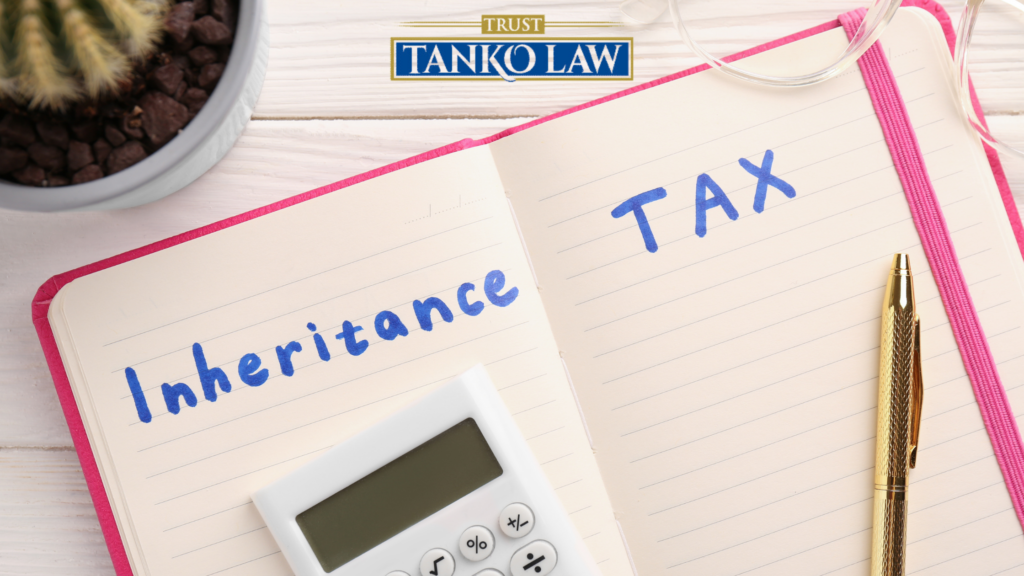The idea of inheritance tax is one that terrifies many people. Will you be able to keep the house in which you grew up? Are you going to lose your parents’ antique furniture? What about the family farm or the lake house? How are you going to pay all the bills like funeral and creditor claims, when the government wants their cut first? Losing a loved one is already hard enough, but having the government treat it like their profit source can leave cold and frustrated. Take a deep breath, because it’s not all that bad.
First, for most people it is unlikely you’ll need to pay any death taxes based on your inheritance. However, there can be exceptions to this rule, which can have a measurable effect on what, if any, bills you pay. Let’s explore the specifics of inheritance taxes and estate taxes, how they might affect you, and what you can do to hang onto your inheritance and memories.
|
Key Takeaways
|
Understanding Inheritance Taxes
Inheritance taxes are often a source of confusion and concern for individuals navigating the complexities of estate planning. To gain clarity on this matter, it’s crucial to understand the distinction between inheritance taxes and estate taxes.
Defining Inheritance Taxes vs. Estate Taxes:
Inheritance taxes and estate taxes are two distinct concepts, although they are often used interchangeably. Estate taxes are imposed on the total value of a deceased person’s estate before it is distributed to beneficiaries. This tax is typically paid by the estate itself and is calculated based on the overall value of assets, including cash, real estate, investments, and personal property, less certain types of approved deductions against the overall value.
Inheritance taxes are levied on the assets received by individual heirs/beneficiaries after the estate has been distributed. Unlike estate taxes, inheritance taxes are assessed at the state level and may vary depending on the beneficiary’s relationship to the deceased, value of the inherited assets, state in which the estate was administered, and the state in which the heir/beneficiary resides. The tax can be assessed against the Estate for the heir/beneficiary or it can be assessed and due directly from the heir/beneficiary.
Assessment of Inheritance Taxes:
Inheritance taxes are typically calculated based on the fair market value of the assets received by beneficiaries. The tax rate and exemption thresholds vary from state to state, with some states offering exemptions for certain types of assets or for beneficiaries who are immediate family members of the deceased.
For example, in Pennsylvania, inheritance taxes are imposed at rates ranging from 4.5% to 15%, depending on the beneficiary’s relationship to the deceased. However, spouses are exempt from inheritance taxes entirely, while children and grandchildren enjoy a lower tax rate compared to other beneficiaries.
Do I Have to Pay Inheritance Taxes in Montana?
Montana residents can breathe a sigh of relief when it comes to inheritance taxes, as the state does not impose an inheritance tax. This means that heirs/beneficiaries in Montana are not subject to state-level death taxes on the assets they receive from a deceased individual’s estate. This absence of an inheritance tax provides a significant advantage for individuals inheriting assets within the state.
However, there is a twist. Montana residents may still face inheritance tax obligations if they inherit from someone who lived in one of the six states that charge an inheritance tax.
Exceptions to inheritance being non-taxable:
Inheritance is generally tax-free, but there are situations in which an inheritance or part of it may be subject to taxation. If you inherit money from the following sources, a portion of it may be taxable:
- Income earned by the decedent but received after death: salary, wages, commissions, rents, dividends, bonuses, etc.
- Funds in traditional retirement accounts like 401K or IRA (These plans have specific rules regarding distributions.)
- Appreciated gain in certain situations could be deemed income received, and thus taxable.
It is always best to consult with your tax professional to determine what, if any, portion of your inheritance is subject to income tax or a death tax.
Other States Without Inheritance Tax Laws
Additionally, it’s worth noting that Montana is not alone in its “no inheritance tax status.” Several other states also do not have inheritance taxes, offering similar benefits to their residents. Those states include:
- Alaska
- Florida
- Nevada
- New Hampshire
- South Dakota
- Tennessee
- Wyoming
Residents of these states can inherit assets without the burden of state-level inheritance taxes, providing a favorable environment for wealth transfer and estate planning.
Secure Your Legacy: Schedule a Consultation with Tanko Law Today!
Ready to take control of your estate planning and safeguard your legacy? Contact Tanko Law today to explore further resources and schedule a consultation with our estate planning experts. Let us guide you through the intricacies of inheritance taxes and ensure that your wishes are honored while minimizing tax complexities for your beneficiaries.
Don’t wait until it’s too late. Plan ahead with Tanko Law and secure your family’s financial future today.


